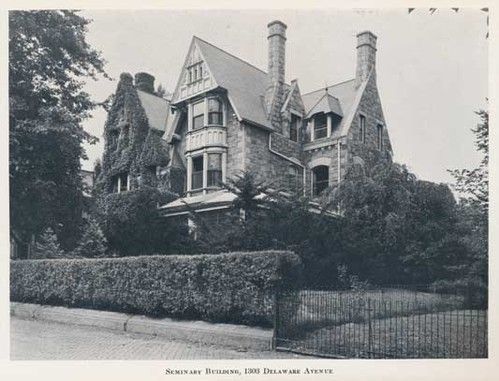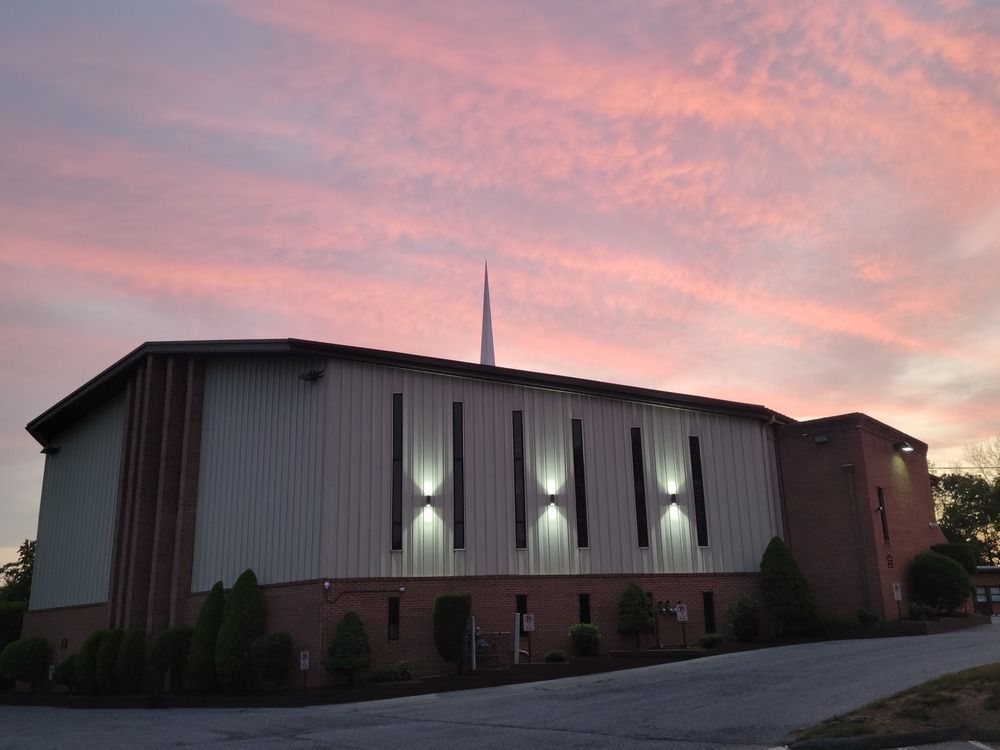Our History
Faith Seminary traces its genesis to Princeton Theological Seminary when, in 1929, a handful of conservative theologians under the visionary leadership of John Gresham Machen, faculty, graduates, and students formed Westminster Theological Seminary in Philadelphia, PA. The original faculty consisted of Oswald T. Allis, Rienk Bouke Kuiper, Allan A. MacRae, John Murray, Ned Stonehouse, Cornelius Van Til, Robert Dick Wilson, and Paul Woolley. J.G. Machen died on January 1, 1937, leaving behind a diverse movement of conflicting concerns and convictions that led to the founding of Faith Theological Seminary in the summer of 1937 by the following: Rev. Dr. Allan Alexander MacRae (President of the Seminary from 1937 until 1971 and Professor of Old Testament (Th.B., Ph.D.); James E. Bennet, Esquire (Vice President); Roland K. Armes (Treasurer); Rev. Harold S. Laird (Secretary); Rev. Dr. Carl McIntire (President of the Board of Directors); Rev. Roy Talmage Brumbaugh (D.D.); Rev. David Otis Fuller (D.D.); William A. Chamberlin; P.D., Peter Stam, Jr.; Rev. James R. Graham, Jr.; Rev. A.L. Lathem (Ph.D., D.D.); Rev. William R. McCarrell (D.D.); Professor J.A. Barkley; Frederic M. Paist; Ernest R. Robinson; Rev. Percy B. Crawford; Rev. Milo F. Jamison; Rev. Merril T. MacPherson; Rev. Martin Luther Thomas (D.D., LL.D.); James L. Rankin, Esquire; and Weidner Titzck, Esquire.
The Seminary was officially independent of any specific denomination's control (by the design of the "Certificate of Incorporation of Faith Theological Seminary, Inc." Feb 7, 1938). FTS initially used the facilities of the First Independent Church of Wilmington (later Faith Bible Presbyterian Church), pastored by Harold Laird. FTS’ increasing size led to a move to Huston Hall in Wilmington in 1941, followed by significant growth that precipitated the purchase of Lynnewood Hall (the former Widener estate) in Elkins Park, Pennsylvania, in 1952. The mammoth 110 room mansion with many acres of grounds was then adapted for classrooms, conferences, and student and faculty housing.
After fifty-two years of providing conservative theological training in the Philadelphia area, FTS then relocated to Baltimore MD and in 2015 acquired Accreditation Status with the Transnational Association of Christian Colleges and Schools (TRACS) and received Conditional Approval to operate by the Maryland Higher Education (MHEC) in 2018. Through a series of internal issues, and loss of Accreditation Status, FTS dissolved and reopened in 2019 as Faith Theological Seminary of Catonsville with a new Board of Directors who called Pastor Dr. Jerry Harmon to be president. The seminary was then relocated onto the campus of Grace Bible Baptist Church in Catonsville, MD and renovated and designated the Academic building for FTS to occupy. As a semi-autonomous institution, the Seminary works with the church in a collaborative relationship along with a diversity of other churches and Christian organizations for conservative Evangelical theological education and gospel witness in the Greater Metro region.





